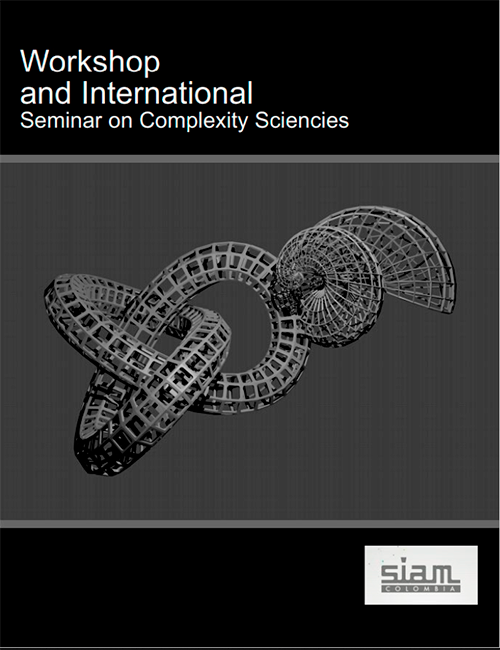Historical civilizations have evidenced different routes to the collapse mainly due to political, warfare, cultural and environmental damages. This has animated modern researches to study and understand social, economic, and environmental challenges that modern societies must adopt in order to avoid history from repeat itself, and even worst, irreversibly. Many of these researches are focused on modelling through sets of ordinary differential equations (ODE's) representing the dynamic interaction between natural resources and population in an isolated society. In this work, we introduce the fact of cooperation between two similar societies, modelled as sets of ODE's of the type Brander and Taylor (1998), in the sense that economical exchange can exist between them. We couple two societies by introducing a simple receive-and-protect rule in which one society receive the other's help under the condition of protecting its own resources. We set that this cooperation may be constant, when it does not change all over the time, or changes intermittently depending on the level of resources each society has at any time. When cooperation is constant, the resulting system is a 4-dimensional system of ODE's that evolves smoothly, but if cooperation is intermittent, the coupled 4-dimensional system becomes a Filippov system. In both cases, we found that under economic cooperation, societies can survive at least in the long run, different from what happens when both societies are treated in isolation for the same parameter values.
Palabras clave:
Sustainability, Cooperation, Filippov system




